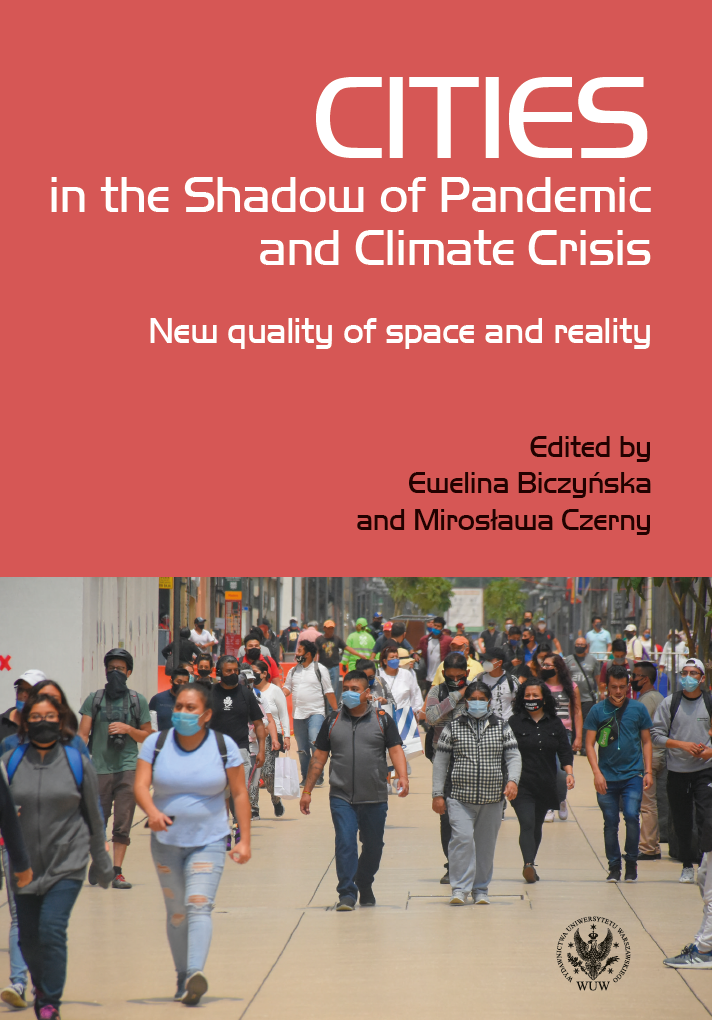Habitability and gastronomic gentrification of public space in the times of COVID-19. The case of La Condesa neighbourhood in Mexico City
Habitability and gastronomic gentrification of public space in the times of COVID-19. The case of La Condesa neighbourhood in Mexico City
Author(s): Alberto Javier Villar Calvo, Yadira Contreras Juárez, Luis Arturo Cruz García
Subject(s): Environmental Geography, Human Ecology, Environmental interactions
Published by: Wydawnictwa Uniwersytetu Warszawskiego
Keywords: COVID-19; gentrification; habitability; public spaces
Summary/Abstract: In the context of contemporary urban processes, among which gentrification appears as the one with the greatest impact on Mexican cities, the COVID-19 pandemic has decisively in fluenced the dynamics of the use and occupation of public spaces, as well as their habitability conditions. In the case of Mexico City, the return to social and productive activities after the COVID-19 lockdown stage was supported by an urban policy aimed at intensifying the use of public spaces to meet the needs of economic reactivation while ensuring adequate sanitary conditions and social distancing. The implementation of this policy decisively affected the intensity and diversification of the use of public spaces, which came to be occupied and modified in terms of habitability by economic actors from the catering services sector, affecting the living conditions of the common residents.
Book: Cities in the Shadow of Pandemic and Climate Crisis. New quality of space and reality
- Page Range: 64-94
- Page Count: 31
- Publication Year: 2024
- Language: English
- Content File-PDF

